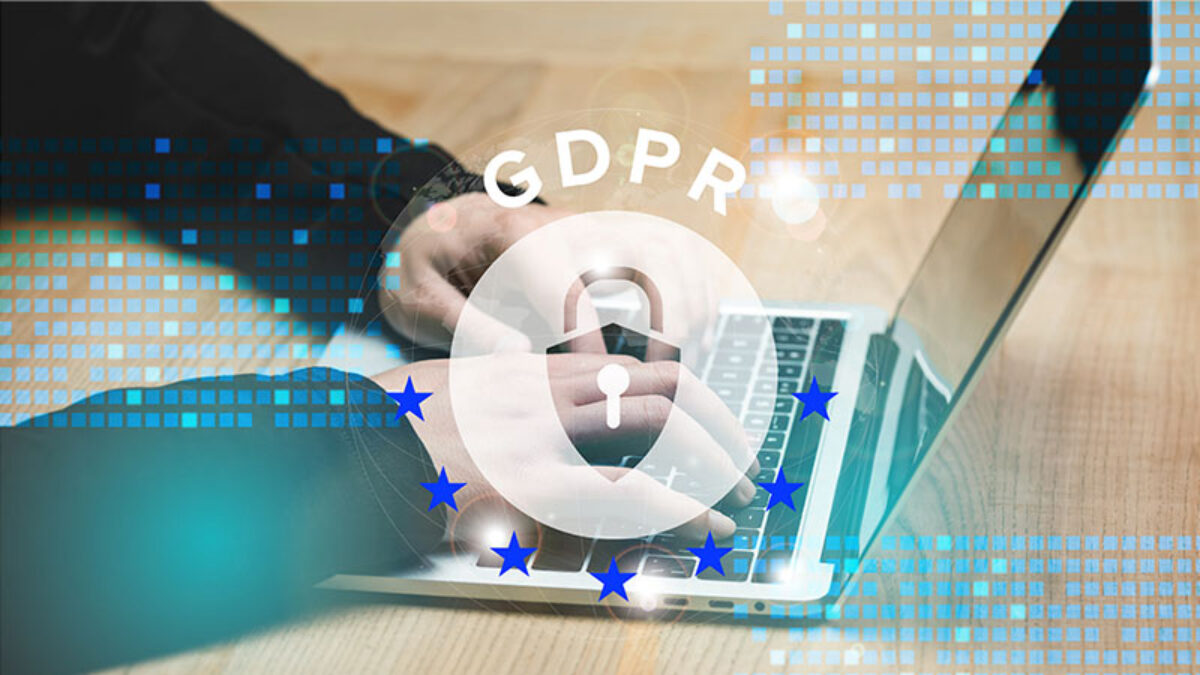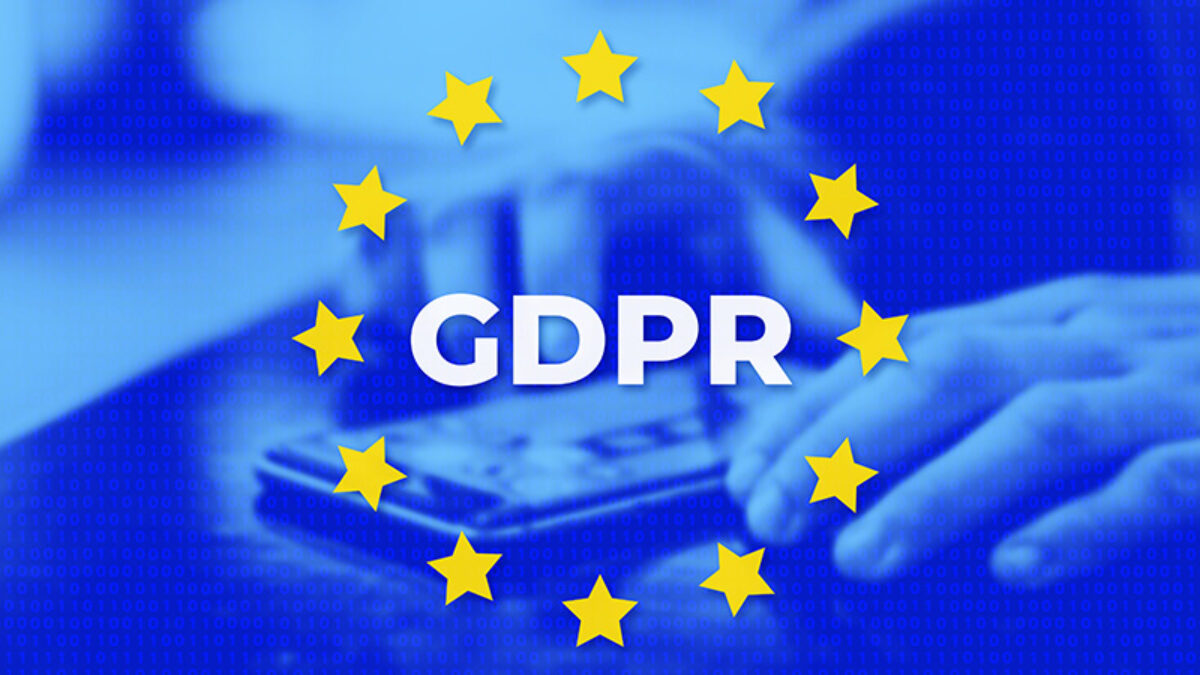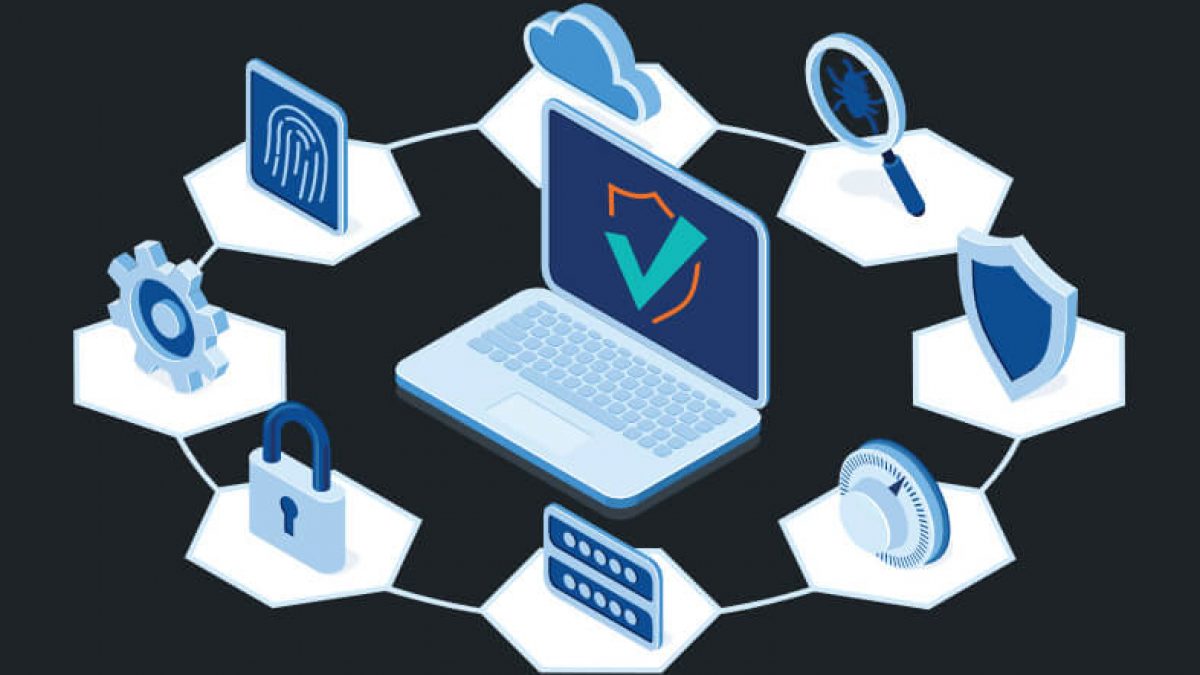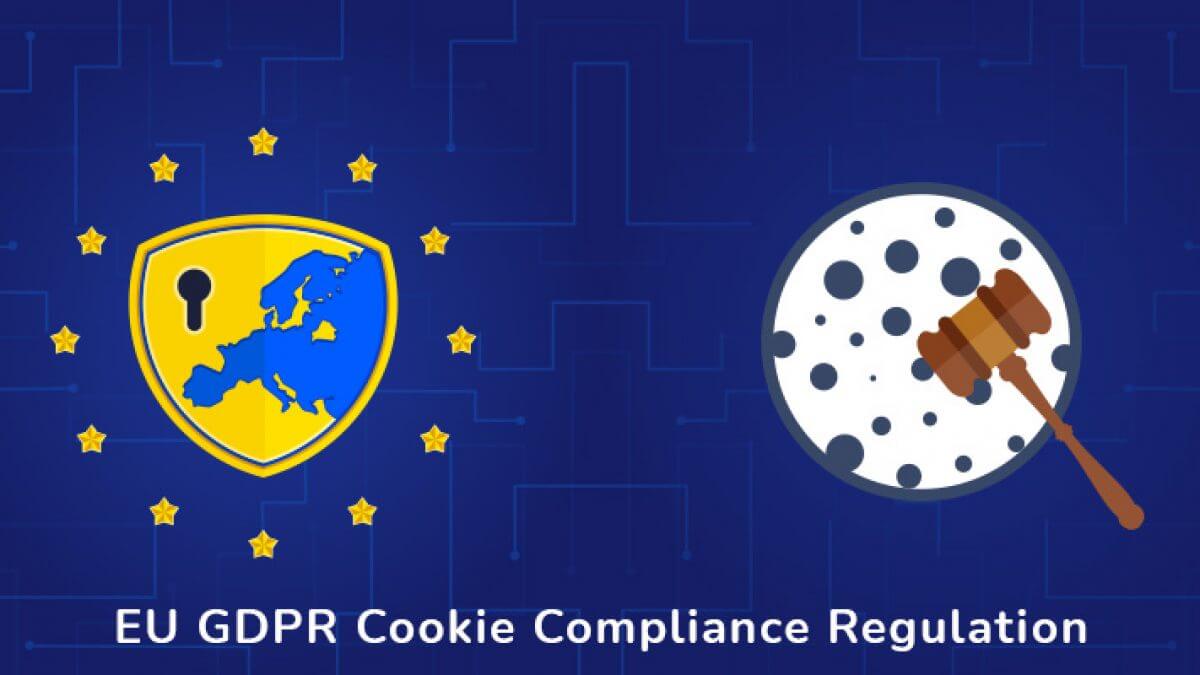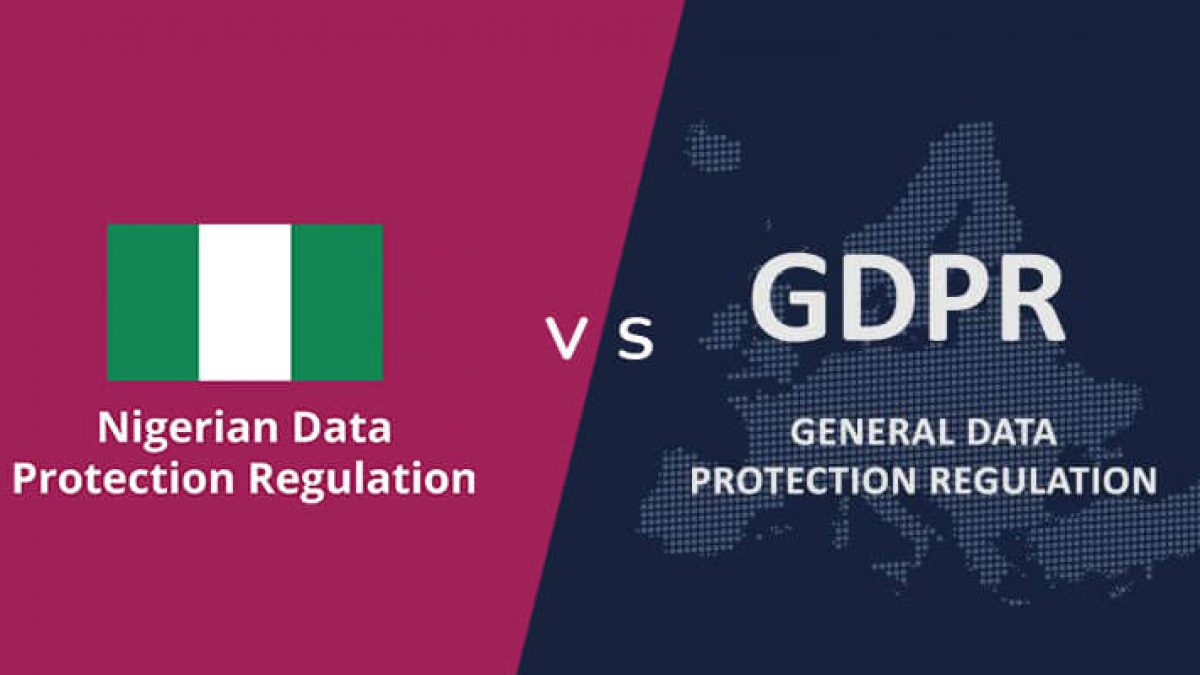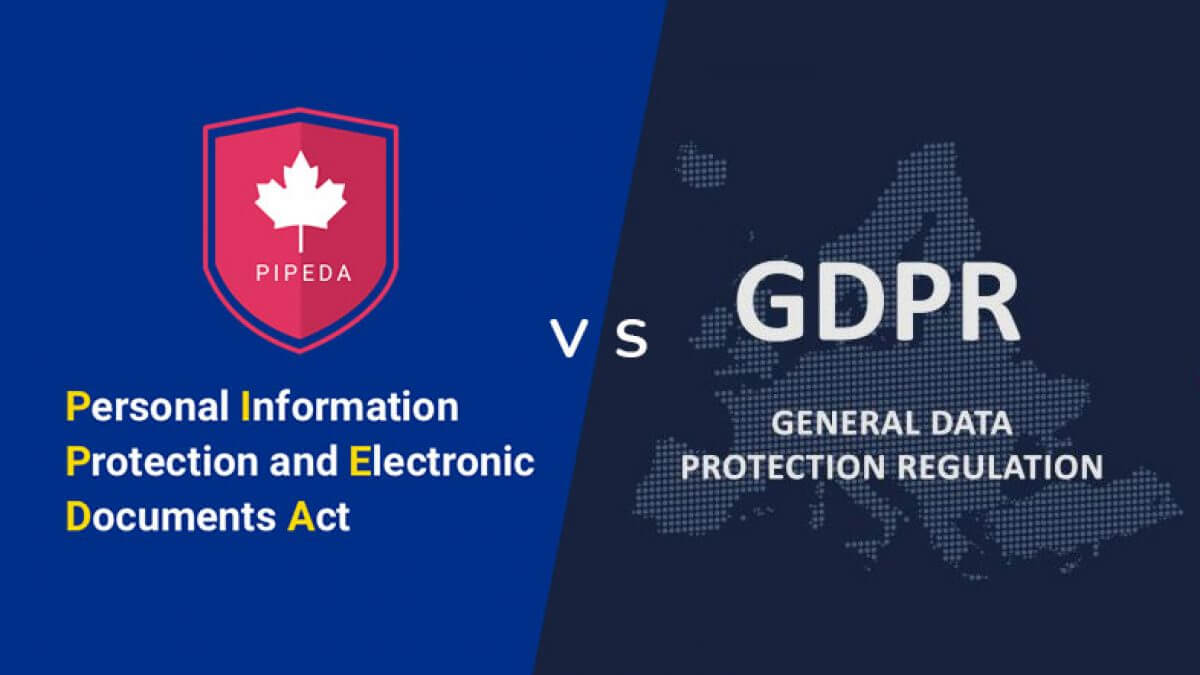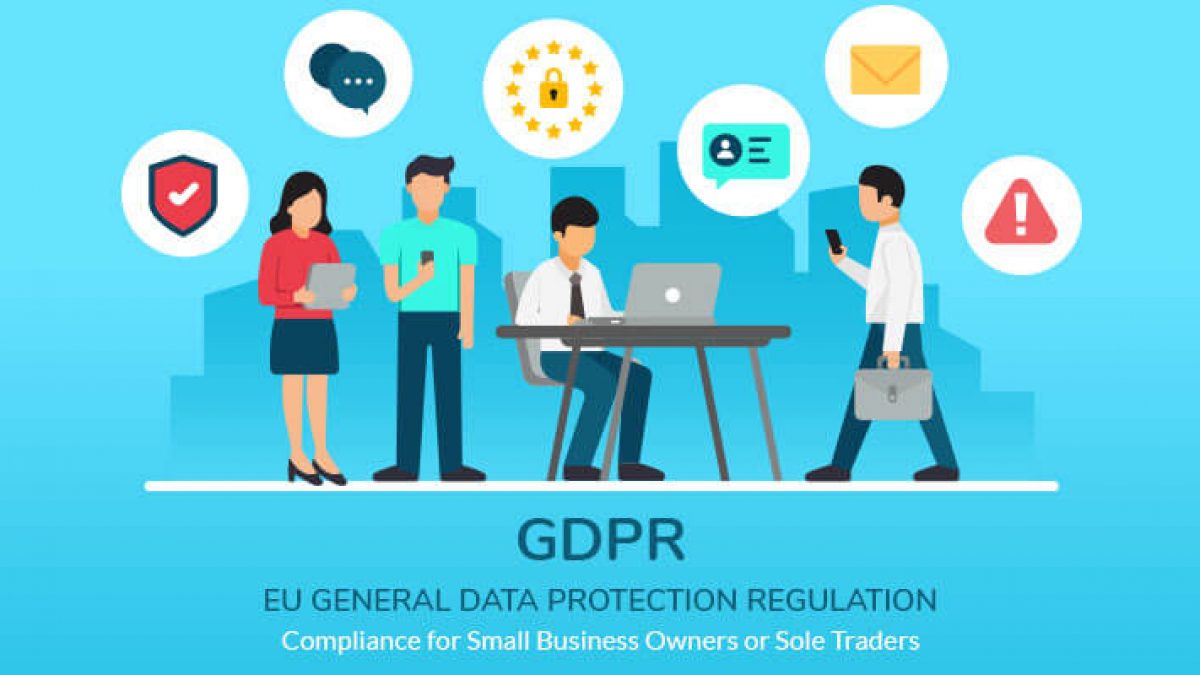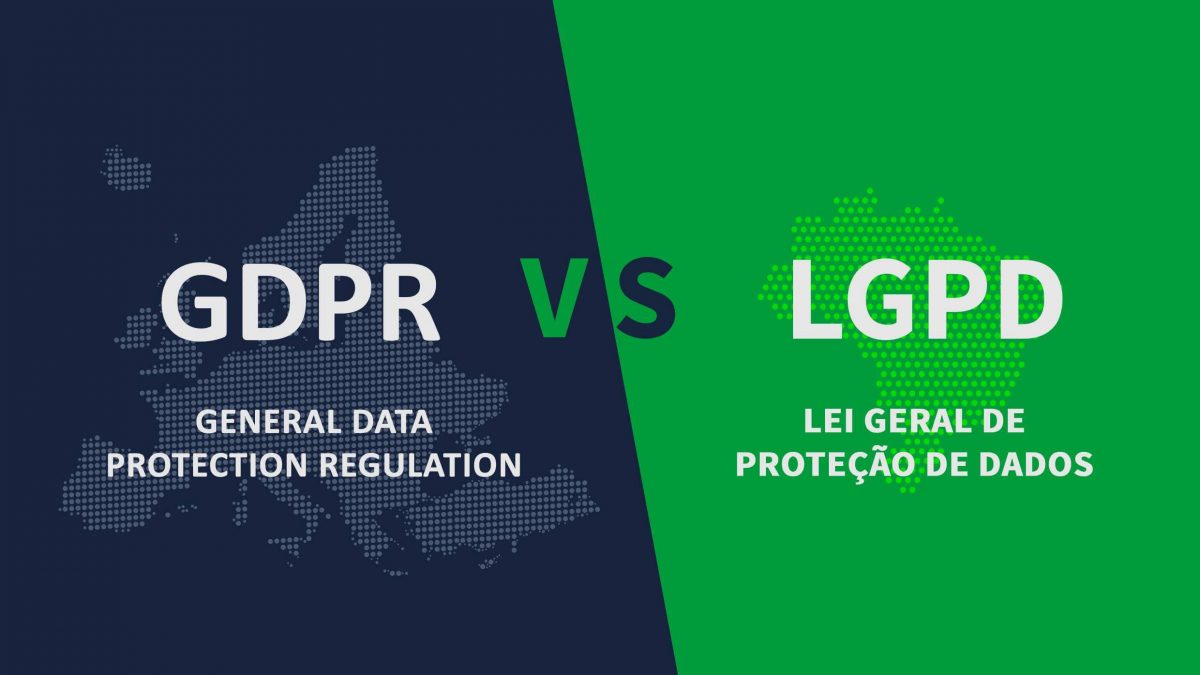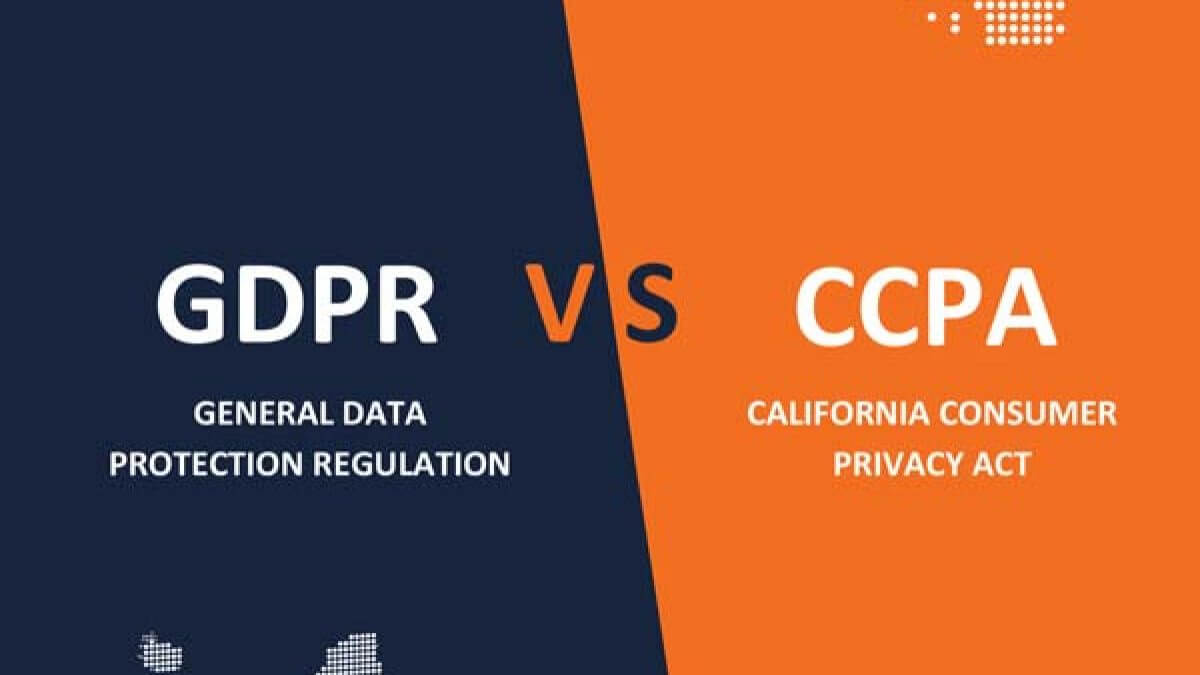The Role of Employee Training in GDPR Compliance and Data Security
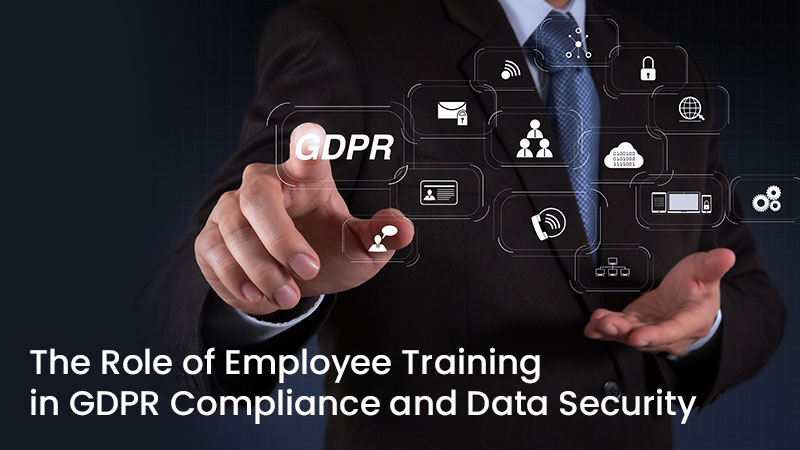
Overview: GDPR Training For Employees
In today’s rapidly evolving digital landscape, where data is the new currency, organizations are faced with safeguarding sensitive information. The General Data Protection Regulation (GDPR), implemented by the European Union, has emerged as a game-changer in data protection, aiming to empower individuals and ensure their privacy in an increasingly interconnected world.
One of the often overlooked aspects of GDPR compliance is the role of employee training. While advanced technologies and robust cybersecurity measures are essential, an organization’s workforce remains crucial in the overall data security strategy. In this blog post, we will delve into the significance of employee training in GDPR compliance and data security.
Employee Training & GDPR
The enactment of the General Data Protection Regulation (GDPR) in 2018 marked a significant step toward safeguarding personal data within the European Union (EU) and the European Economic Area (EEA). Today, GDPR compliance is an integral facet of daily operations for businesses entrusted with personal data. Beyond being a legal obligation, the responsibility to protect individual data is paramount, and any lapse in this duty could have severe repercussions for the company.
Engaging in GDPR employee training is instrumental in ensuring that employees consistently fulfill their roles with utmost proficiency. By providing structured training, organizations can mitigate the risk of errors that might lead to potential data security breaches. Mishandling a breach can result in grave consequences for individuals and the company.
Therefore, a comprehensive understanding of all facets of personal data management is crucial, encompassing aspects such as data sharing, response to requests, record-keeping, and the appropriate actions to take during a data breach.
Moreover, GDPR employee awareness training is essential to cultivate a culture of vigilance and responsibility within the organization. This goes beyond mere compliance, fostering a proactive approach to data protection.
Employees who are well-versed in the principles of GDPR not only contribute to the company’s overall security posture but also play a crucial role in creating a resilient and privacy-conscious work environment.
The Human Factor in Data Security
While investing in cutting-edge cybersecurity tools is essential, human error remains a significant factor in data breaches. According to various studies, many data breaches result from employees inadvertently or maliciously mishandling sensitive information. This emphasizes the importance of educating employees about the principles and requirements of GDPR.
Employee Training: A Pillar of GDPR Compliance
GDPR Employee Training Requirements
To achieve robust GDPR compliance, organizations must prioritize comprehensive training programs that address specific requirements outlined by the regulation. A well-structured training initiative should cover the following key aspects:
General Awareness:
Employees need a foundational understanding of the GDPR’s principles, scope, and objectives. Training sessions should provide an overview of the regulation, emphasizing the importance of data protection and privacy. This ensures that all staff members comprehend the significance of their roles in maintaining compliance.
Data Protection Principles:
GDPR is built upon fundamental principles governing the lawful processing of personal data. Training programs should delve into these principles, including lawfulness, fairness, transparency, purpose limitation, data minimization, accuracy, storage limitation, integrity, and confidentiality. Employees should understand how these principles guide their day-to-day handling of personal data.
Roles and Responsibilities:
Clearly defining roles and responsibilities is critical for ensuring accountability within an organization. Employees should be educated about their specific roles in the context of GDPR compliance, focusing on data controllers, data processors, and data protection officers. Understanding these roles is vital for maintaining a structured and coordinated approach to data protection.
Consent Management:
Consent is a central tenet of the GDPR, particularly when processing personal data. Employees must be trained to understand the conditions for obtaining valid consent, the necessity of informing data subjects about their rights, and the procedures for obtaining, recording, and managing consent throughout the data processing lifecycle.
Data Subject Rights:
GDPR grants individuals specific rights over their personal data. Employees need to be aware of these rights, including the right to access, rectify, erase, restrict processing, and object to processing their data. Training should focus on handling requests from data subjects effectively, ensuring compliance with GDPR-mandated response timelines.
Data Breach Response:
GDPR strongly emphasizes timely and effective responses to data breaches. Training programs should equip employees with the knowledge and skills necessary to identify, report, and manage data breaches in accordance with the regulation. This includes understanding the reporting obligations internally within the organization and externally to supervisory authorities.
International Data Transfers:
If an organization operates globally, employees must understand the implications of international data transfers. Training should cover the mechanisms and safeguards for transferring personal data outside the European Economic Area, ensuring compliance with GDPR provisions related to cross-border data flows.
Regular Updates and Refresher Courses:
Given the evolving nature of data protection laws and the emergence of new cyber threats, organizations should implement a strategy for regular updates and refresher courses. Periodic training sessions keep employees informed about any changes in GDPR and reinforce their understanding of best practices in data protection.
Benefits of Employee Training in GDPR Compliance
Risk Mitigation
Well-trained employees are better equipped to identify and mitigate risks, reducing the likelihood of accidental or intentional data breaches.
Legal Compliance
By ensuring that employees understand and adhere to GDPR, organizations can minimize the risk of legal consequences and hefty fines.
Enhanced Reputation
Demonstrating a commitment to data protection through employee training builds trust with customers, partners, and stakeholders, enhancing the organization’s reputation.
Improved Cybersecurity Culture
Employee training fosters a culture of cybersecurity awareness and responsibility throughout the organization, creating a united front against potential threats.
Designing Effective GDPR Training Programs
Creating an effective GDPR training program is crucial for ensuring that employees understand the regulatory requirements and apply them in their day-to-day activities. Two key elements to consider in designing successful training programs are:
Tailoring Employee Training To Organizational Roles
Recognizing that different job functions entail distinct responsibilities and interactions with personal data, organizations should customize training programs accordingly.
Tailoring the content based on job roles ensures that employees receive relevant and targeted information, making the training more practical and applicable to their daily tasks.
Data Controllers
Employees who determine the purposes and means of processing personal data (data controllers) have unique responsibilities under GDPR. Their training should focus on understanding the legal obligations associated with their role, including obtaining valid consent, ensuring data accuracy, and facilitating data subject rights.
Data Processors
Those responsible for processing personal data on behalf of data controllers (data processors) need specific knowledge and skills. Training for data processors should cover secure data handling, data breach response procedures, and compliance with contractual obligations under GDPR.
Data Protection Officers (DPOs)
Organizations with a designated DPO must provide specialized training. DPOs need in-depth knowledge of data protection laws and GDPR requirements and an understanding of their advisory and monitoring responsibilities.
IT and Security Personnel
Given the critical role of IT and security teams in safeguarding data, training for these employees should focus on implementing technical measures, detecting and responding to security incidents, and maintaining the integrity and confidentiality of personal data.
Frontline Staff
Employees who interact directly with data subjects, such as customer service representatives, should receive training that emphasizes effective communication, recognizing and responding to data subject requests, and ensuring a positive customer.
Interactive Staff Training for GDPR Compliance
To enhance the impact of GDPR training, organizations should adopt interactive methods over static lectures and text-heavy materials. Consider these elements:
Interactive Modules
Develop modules with scenario-based exercises, case studies, and role-playing for practical understanding.
Quizzes and Assessments
Integrate assessments to reinforce learning and identify areas requiring additional support.
Simulations
Create real-life scenarios for employees to apply GDPR principles, fostering a more profound understanding.
Gamification
Incorporate badges, points, and competitions to make training enjoyable and motivate active participation.
Workshops and Discussions
Facilitate group discussions to explore GDPR challenges collaboratively and build a collective commitment to data protection.
Continuous Monitoring and Assessment
Ensuring GDPR compliance extends beyond initial training. Implement continuous monitoring through:
Regular Training Updates
Keep employees informed about evolving threats and regulations, address emerging issues, and reinforce key concepts.
Policy Changes
Use updates to communicate refinements in internal policies or procedures, ensuring awareness and understanding.
Culture of Learning
Demonstrate commitment to continuous learning, fostering a proactive approach to data protection.
Compliance Assessments
To evaluate GDPR training effectiveness, conduct regular assessments:
Knowledge Tests
Measure understanding through periodic quizzes, identifying areas for additional focus.
Simulated Scenarios
Evaluate practical applications by simulating real-world situations, revealing potential gaps in knowledge.
Role-Specific Assessments
Tailor assessments based on job roles to provide targeted compliance evaluations.
Incident Response Drills
Assess preparedness through regular drills, identifying areas for improvement in responding to data breaches.
Feedback Mechanisms
Establish channels for open communication, allowing employees to share experiences and concerns, aiding continuous refinement of training programs.
Conclusion
GDPR compliance training is vital for organizations handling EU and EEA personal data. It empowers employees, ensures practical compliance, and fosters a vigilant cybersecurity culture. Regular updates offer benefits like risk mitigation, legal adherence, and an enhanced reputation. They prioritize GDPR training and position organizations as guardians of privacy, securing individuals and businesses in a data-centric era.

